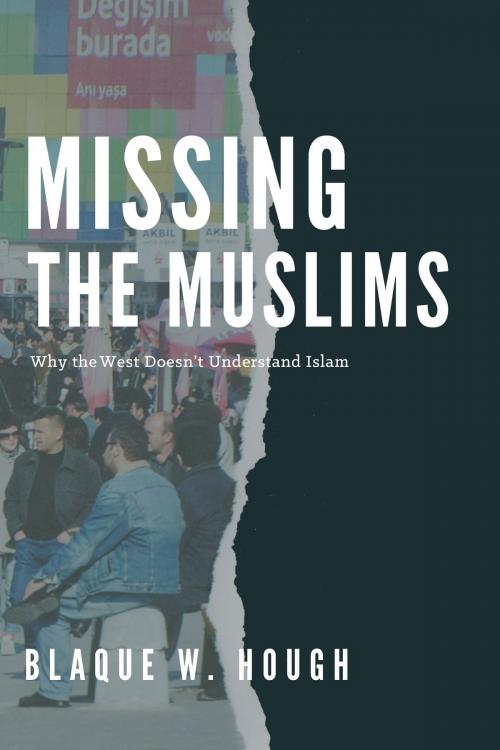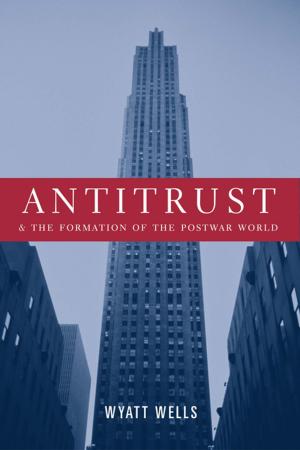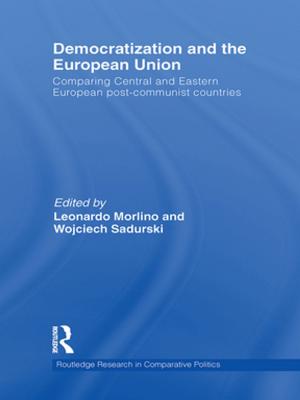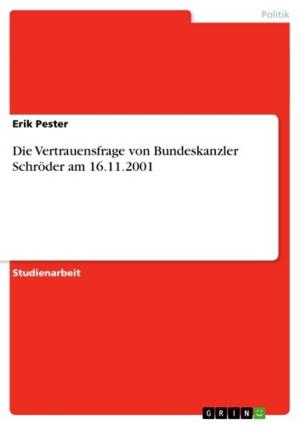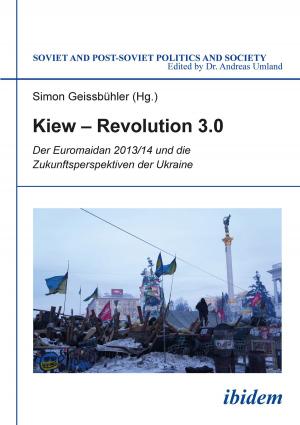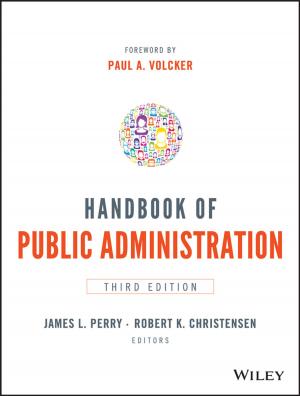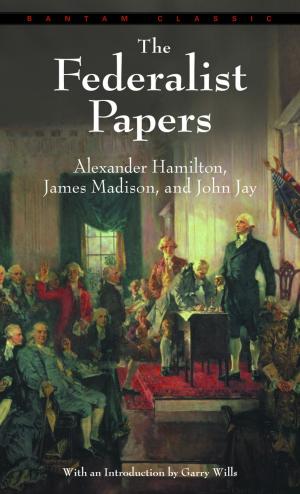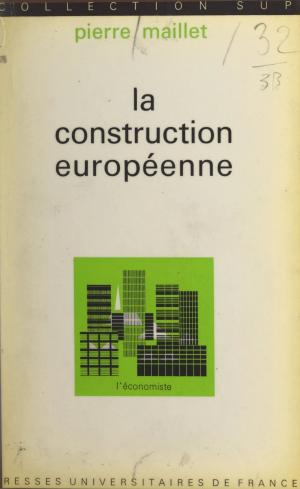Missing the Muslims: Why the West Doesn't Understand Islam
Nonfiction, Religion & Spirituality, Middle East Religions, Islam, Social & Cultural Studies, Political Science| Author: | Blaque Hough | ISBN: | 9781310488092 |
| Publisher: | Blaque Hough | Publication: | April 10, 2016 |
| Imprint: | Smashwords Edition | Language: | English |
| Author: | Blaque Hough |
| ISBN: | 9781310488092 |
| Publisher: | Blaque Hough |
| Publication: | April 10, 2016 |
| Imprint: | Smashwords Edition |
| Language: | English |
In English it takes two words to say “law” and “religion” and those two words carry two different bundles of meaning. In Arabic and Turkish, traditionally one word, din, meant both.
Splitting or uniting the ideas and assumptions behind those words makes an enormous difference in the way society functions. But were Christianity and Islam really that different from their beginnings? Have they changed over time? Are they more like or unlike each other today? Can they coexist in peace or must conflict and violence continue? And is violence or terrorism required, or can it be reformed away?
The ways in which Christianity and Islam each began starts answering these questions, and obscure historical events like the Papal Revolution and the Mihna help too. The unconscious assumptions of the modern West as it invaded the Middle East both militarily and culturally provide answers as well, and so do the differing reactions within Islamic societies. Looking at these divergent historical paths helps expose the hidden assumptions causing Christians and Muslims to misunderstand each other today.
This is not an easy book to read. Given the subject matter, it can’t be. Hopefully it will reward the reader with insights into today’s issues. More than that, it should bring hope as we meet many Muslims working to correct what they see as wrong interpretations of Islam and to reform Islam.
In English it takes two words to say “law” and “religion” and those two words carry two different bundles of meaning. In Arabic and Turkish, traditionally one word, din, meant both.
Splitting or uniting the ideas and assumptions behind those words makes an enormous difference in the way society functions. But were Christianity and Islam really that different from their beginnings? Have they changed over time? Are they more like or unlike each other today? Can they coexist in peace or must conflict and violence continue? And is violence or terrorism required, or can it be reformed away?
The ways in which Christianity and Islam each began starts answering these questions, and obscure historical events like the Papal Revolution and the Mihna help too. The unconscious assumptions of the modern West as it invaded the Middle East both militarily and culturally provide answers as well, and so do the differing reactions within Islamic societies. Looking at these divergent historical paths helps expose the hidden assumptions causing Christians and Muslims to misunderstand each other today.
This is not an easy book to read. Given the subject matter, it can’t be. Hopefully it will reward the reader with insights into today’s issues. More than that, it should bring hope as we meet many Muslims working to correct what they see as wrong interpretations of Islam and to reform Islam.
